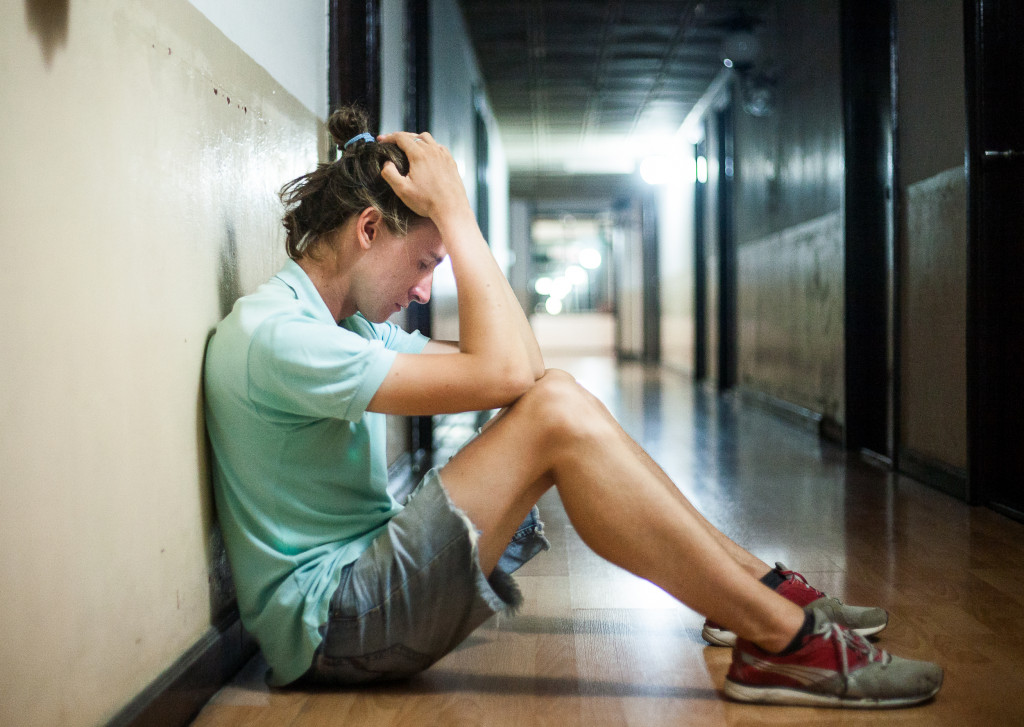- Loneliness has serious effects on physical and mental health, as well as self-esteem and the economy.
- Self-disclosure, mindfulness, professional help, support groups, and connecting with others help overcome loneliness.
- Global research shows that loneliness can lead to premature death and negative health impacts.
- It’s important to take loneliness seriously and recognize it as a public health issue.
- By reaching out and connecting with others, you can start feeling better and living a happier life.
Loneliness has now become a public health crisis. It may be hard to believe, but global research studies have shown that loneliness significantly affects life expectancy, mental health, and physical health. It’s not just a feeling of sadness that can be shrugged off; It’s a chronic state that can lead to self-harm, depression, and suicidal tendencies. Once you understand how loneliness affects your life, you can start working on ways to overcome it.
What is Loneliness?
Loneliness is feeling isolated and alone, even when surrounded by people. It’s not about how many friends you have or how much time you spend with them; it’s the feeling that you don’t belong somewhere or that no one understands you. While everyone experiences loneliness occasionally, some people may suffer from chronic loneliness. Here’s how it can affect your life.
Physical Health
According to the American Psychological Association, loneliness can lead to an increased risk of premature death by up to 50 percent. It’s also been linked to obesity, heart disease, and reduced immune function. A research paper by the National Institute for Health states that loneliness elevates stress hormones that lead to inflammation, which can cause heart disease, strokes, and arthritis. Knowing this, it’s essential to address loneliness seriously, as it can be as dangerous as smoking cigarettes.

Mental Health
Loneliness affects not only physical health but also mental health. As human beings, social connections are crucial to your happiness, and loneliness can have a profound negative impact on your mental state.
Loneliness is associated with depression, anxiety, and low self-esteem. Lack of social support can result in feelings of hopelessness and despair. These emotions can lead to self-harm, substance abuse, and suicidal tendencies.
Self-Esteem
Loneliness can also take a toll on your self-esteem. People who feel lonely are more likely to compare themselves negatively with others, which lowers their self-worth. They might start to believe they’re not good enough or don’t belong anywhere. This thinking can lead to self-sabotage and hinder success in work and relationships.
The Socio-economic Impact
Loneliness is not merely a personal problem. It affects society as a whole as well. Loneliness can result in decreased productivity at work, leading to absenteeism and indirectly affecting the economy. The quality of life of an individual also affects family members, friends, and colleagues. So, it’s not just a problem you face alone but a societal issue that requires attention.
Overcoming Loneliness
Loneliness doesn’t have to be a permanent state. There are some steps that you can take to start feeling better. Here are some tips:

Learn Self-Disclosure
One of the main reasons people are alone in their lives is that they can’t share themselves with others. Learning to open up and be vulnerable is the key to forming strong connections. You need to search how to effectively use self-disclosure online to get started. Specific online guides can help you become more comfortable expressing yourself and building relationships.
Practice Mindfulness
Mindfulness is crucial in overcoming loneliness. Practicing mindfulness can help you understand your emotions better and alleviate feelings of isolation. It also allows you to be present at the moment instead of ruminating on the past or worrying about the future.
Seek Professional Help
If you’re struggling with loneliness and can’t find a way out, seeking professional help may be the answer. A trained psychologist can provide coping strategies for loneliness and understand its underlying causes. They can also recommend therapies such as cognitive-behavioral or interpersonal therapy that have proven effective in treating loneliness.
Join a Support Group
A support group can provide a safe space to talk about your loneliness and connect with people who understand what you’re going through. Support groups exist online and in-person, so you can choose one that suits your needs. When it comes to loneliness, there is strength in numbers.
Reach Out to Others
Finally, the best way to cope with loneliness is by reaching out and connecting with others. You need to try to reach out and spend time with people who care about you and are willing to listen. Having someone you can talk to and rely on can be a great source of comfort and help you through difficult times.
Loneliness is a significant public health issue, but it doesn’t have to be permanent. By understanding the effects of loneliness and taking steps to address it, you can start feeling better and living a happier life.

